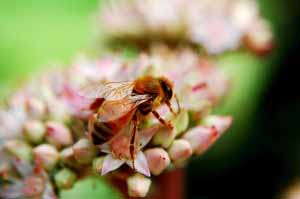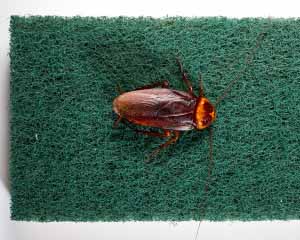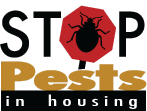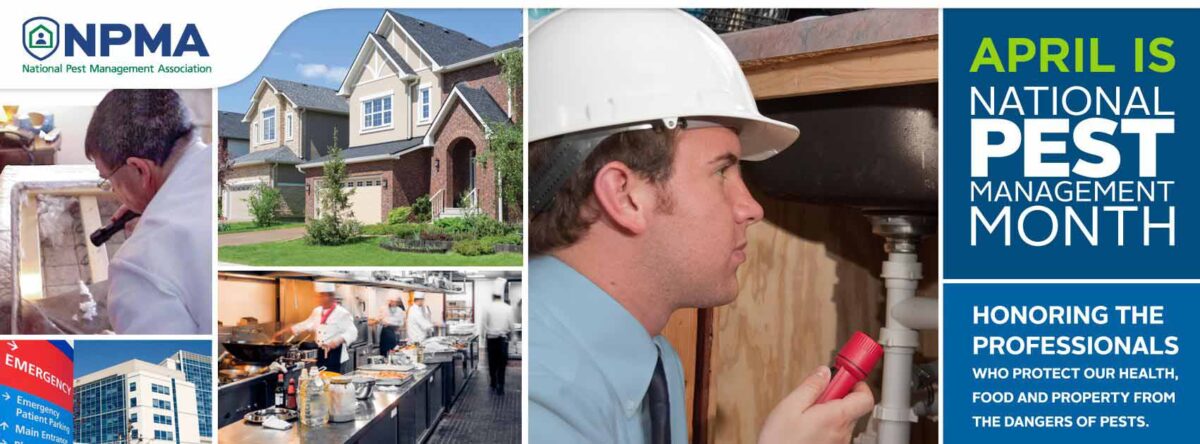Sorry this is just a job I couldn’t even think about doing. Would scare me to death, I’m better on the ground. I’m not even thrilled to be on a one-story roof. So if you need my expertise (pests, pest control and their damage) it had better be on the ground level. Just saying!
Skunks
- Skunks generally forage at night and are considered omnivores (they will eat anything) eat plants, berries, grass, bugs, worms, eggs, reptiles & rodents.
- Skunks don’t have the best eyesight but have excellent hearing.
- Ther prefer to live in burrows.
- Skunks actually sneeze to clear out their noses so they can better smell plant food or animal prey.
- If you get sprayed, only time will help to fade the smell, tomato juice and/or vingear will help to mask the smell – by the way scientists believe its the oil that makes it last.
- Stay back if you spot a skunk, it can shoot up to 10 feet and less accurate to 16 feet.
We have two award winning Zoo’s in Phoenix in my opinion.
 The Phoenix Zoo 455 North Galvin Parkway Phoenix, AZ 85008 602-273-1341. This is an awesome zoo and they continue to become better and better, They do have a notice on their webpage about sunscreen and I’m telling you in the summer that is a great idea actually all year long is good. Wear a hat and glasses as well, but they do have several exhibits inside which will help you cool off.
The Phoenix Zoo 455 North Galvin Parkway Phoenix, AZ 85008 602-273-1341. This is an awesome zoo and they continue to become better and better, They do have a notice on their webpage about sunscreen and I’m telling you in the summer that is a great idea actually all year long is good. Wear a hat and glasses as well, but they do have several exhibits inside which will help you cool off.
 The World Wildlife Zoo & Aquarium 623-935-WILD (9453) | 16501 W. Northern Ave., Litchfield Park, AZ 85340. It is great to have an additional zoo in the Phoenix area, since I love the concept of promoting animals and wildlife. They recently opened their 4th aquarium building which include turtles and otter habitats.
The World Wildlife Zoo & Aquarium 623-935-WILD (9453) | 16501 W. Northern Ave., Litchfield Park, AZ 85340. It is great to have an additional zoo in the Phoenix area, since I love the concept of promoting animals and wildlife. They recently opened their 4th aquarium building which include turtles and otter habitats.
Most people don’t really care for bugs, but there are some good ones. What are they: Praying Mantis, Butterflies, Lady Bugs well you get the drift. On that note did you know there is a Butterfly Wonderland right here in Scottsdale just off the Hwy 101 in the east valley.
They also have exhibits on “Live Ant Colony and Honey Bee Extravaganza. Check them out and let’s be nice to the unsung hero’s of our gardens and flowers. Here is an interesting article “Learn to recognize the “good guys“.
One of the many exhibits on display at the Chandler Environmental Education Center.
Located at 4050 E Chandler Heights Rd, Chandler, AZ 85249 (480) 782-2890
More than nine out of ten allergists surveyed (97 percent) believe a pest-free home is an important step in preventing asthma and allergy symptoms, according to a recent survey conducted by the Asthma and Allergy Foundation of America (AAFA) supported by a grant from the National Pest Management Association (NPMA).
The AAFA survey of allergists also revealed the following: Press Release
- Nearly 8 out of 10 allergists surveyed (76 percent) say, aside from dust mites, cockroaches are the most problematic household pest for patients suffering from asthma or allergies. More than half of allergists surveyed (57 percent) rank rodents as the second most problematic, and nearly two-thirds (63 percent) rank stinging insects as third.
- More than 9 out of 10 allergists surveyed (95 percent) regularly advise their patients to reduce their exposure to pest allergens in their homes.
- 9 out of 10 allergists surveyed (90 percent) would recommend that a patient with a pest problem consult with a pest management professional.
- When asked to provide open-ended comments about advice they give to patients who have a sensitivity to cockroach allergen, the most frequent advice cited by allergists surveyed was to contact or hire a pest management professional.
I’m really not lazy but since everyone blames everything else on something else, I might as well think it to be hereditary. I do hate the gym but work is another matter, I love what I do. This study was of course done on rats “Study suggests laziness could be hereditary.”
By studying a population of rats over ten generations, researchers came to the conclusion that there is such a thing as a genetic predisposition to laziness, at least among rodents.
Since this video somewhat shows a rodent doing pushups I decided I had to share it. No rodents were harmed during the making of this video and this is my favorite video.
Nolans Cheddard Cheese – Seriously Strong
There are several things happening around the U.S. which may impact pest control in your specific area.
- The EPA has been trying to reduce the use of rodentcides, mainly due to secondary poisonings. My hope is that people use common sence in placement of poisons, don’t randomly throw packets throughout attics or crawlspaces. ProBest has not used any of those packets since 2005 and we have swtiched to Terad3 in rodent stations.
- The restrictions of pesticides continue, power spraying of Permethrin type chemicals are just one of the ways the EPA is limiting chemical usage.
The use of IPM or Integrated Pest Management continues to be the choice of real prevention of pests. So here are a few tips to reduce the use of pesticides and allow them to continue to be used in the future.
- Be aware of placement especially of rodentcides. I’m a big fan of not using any rodenticide within a structure, use of snap traps can be just as effective.
- Use pestcides that can be hidden and placed where insects will find them, crack and crevices, block voids and wall voids.
- Don’t spray any flowering plant.
- Follow IPM standards.
- Always read and follow label and use directions.
- April is National Pest Management Month, an observance that has been taking place for more than 30 years!
- Research shows spring and summer are when pest problems are of most concern to homeowners. Call us today for an inspection! 602-249-7378
- Have you ever encountered #pests in the home?
- Tip of the day: Pest-proof the home during your spring-cleaning routine.
Pest can cause serious issues for children and older folks, from asthma to dietary problems and possibly death. Keeping the pests out is the key to pest control, home sealing is a tool to help enforce no pests. Its all about the techniques that can be used to keep the bugs out and we have that knowledge and use it everyday – call ProBest Pest Management 602-249-7378










